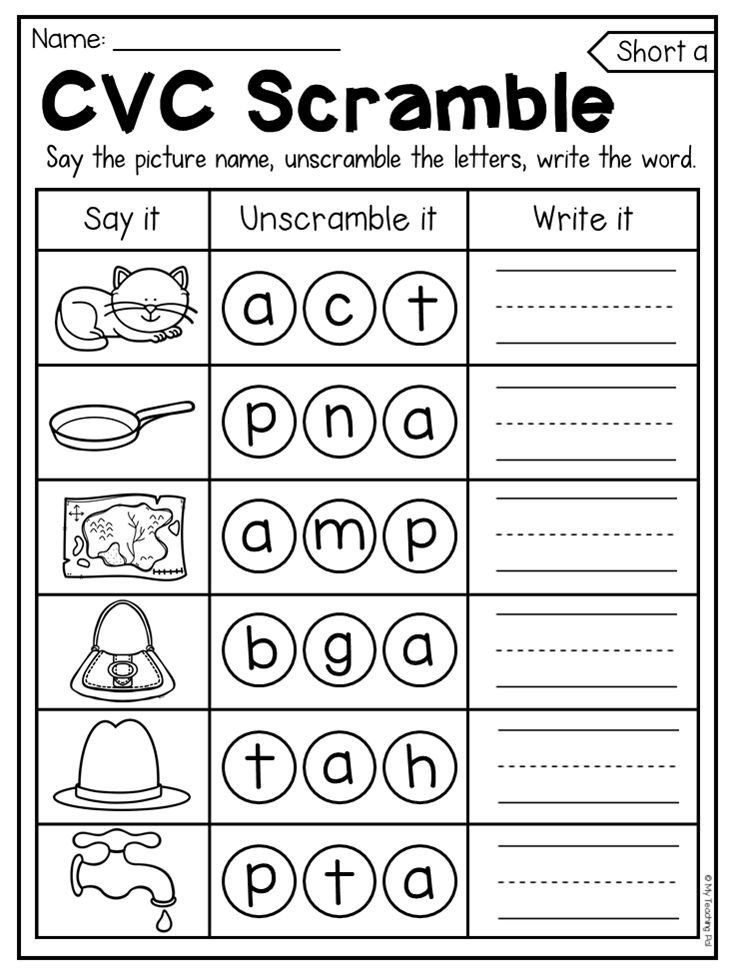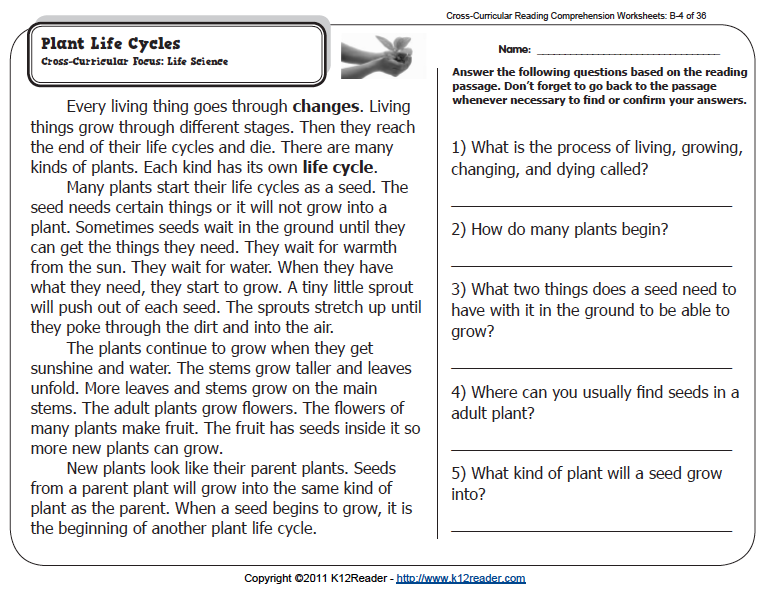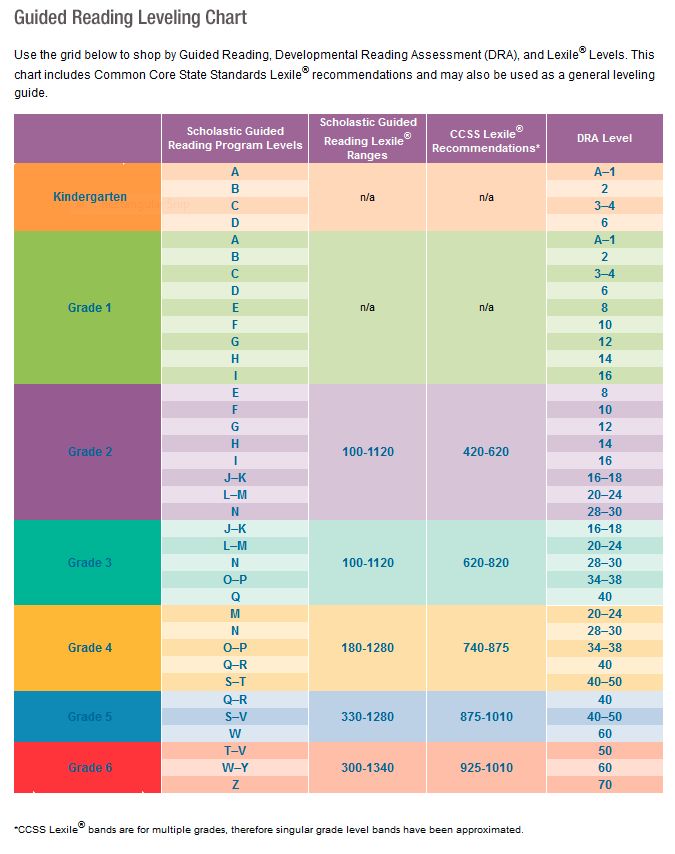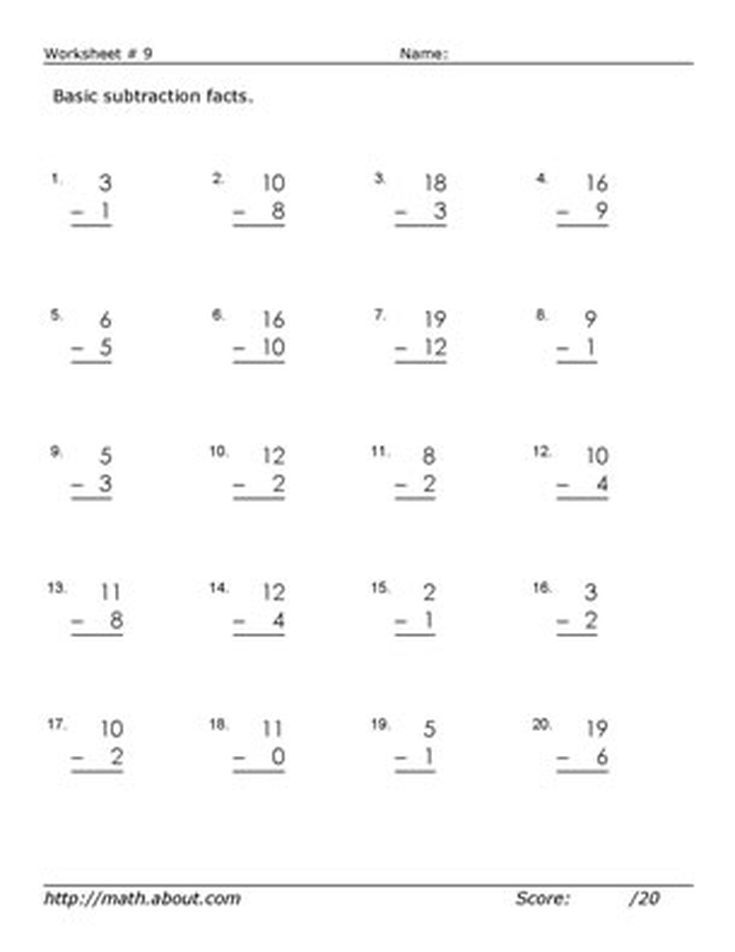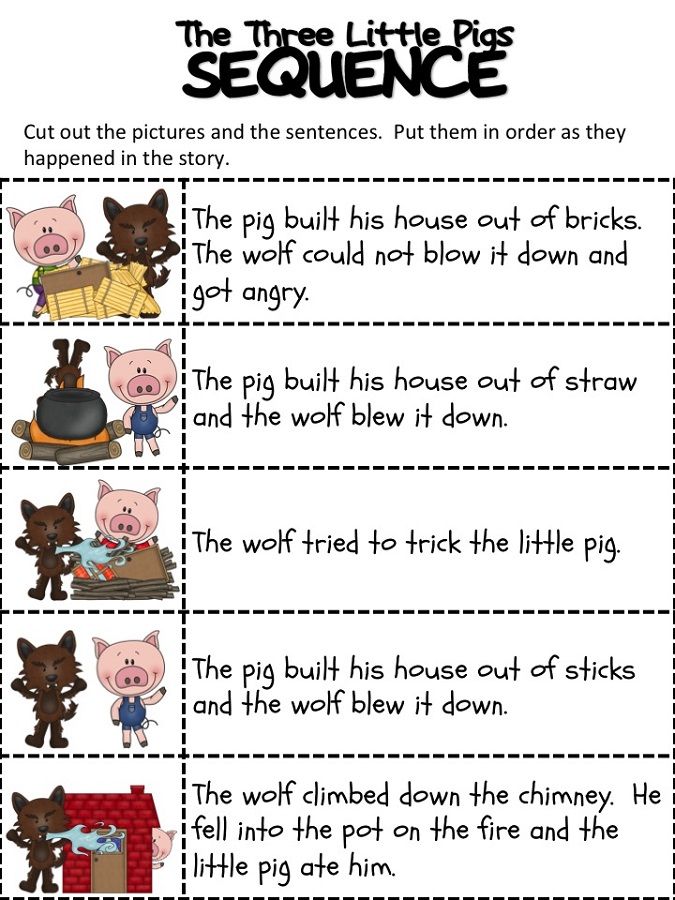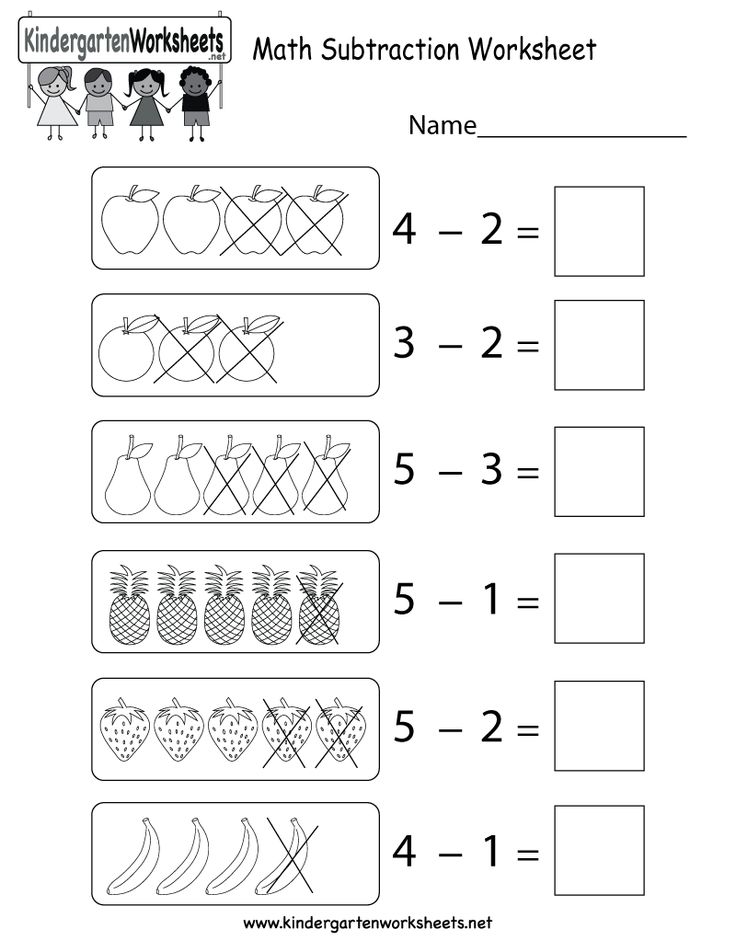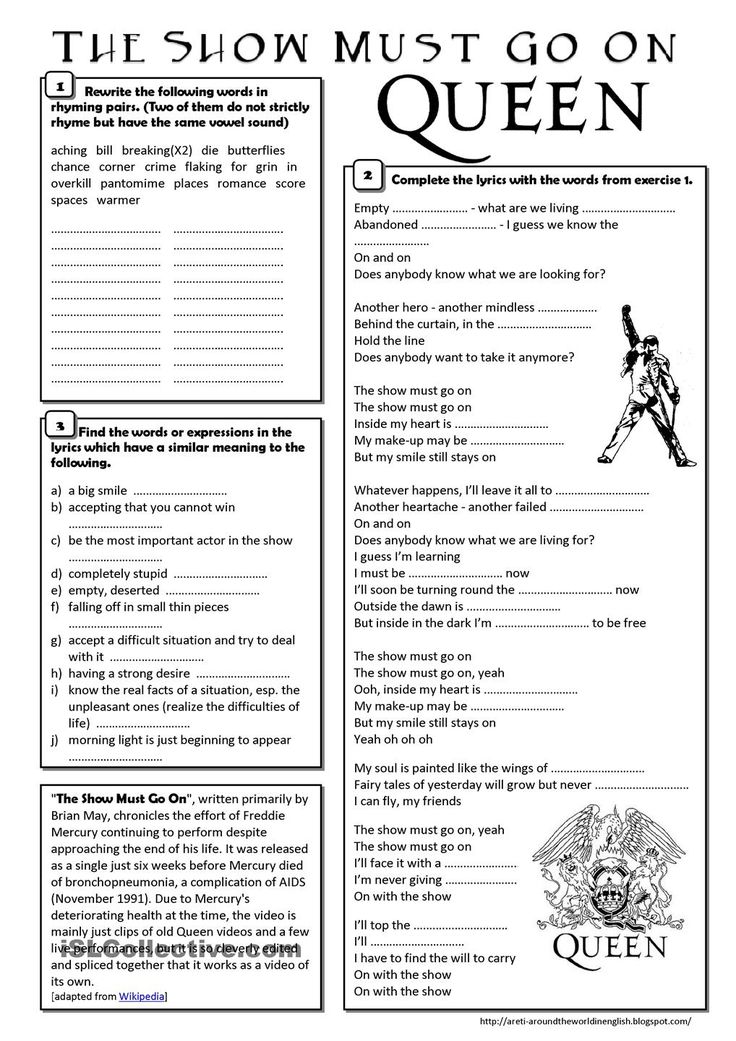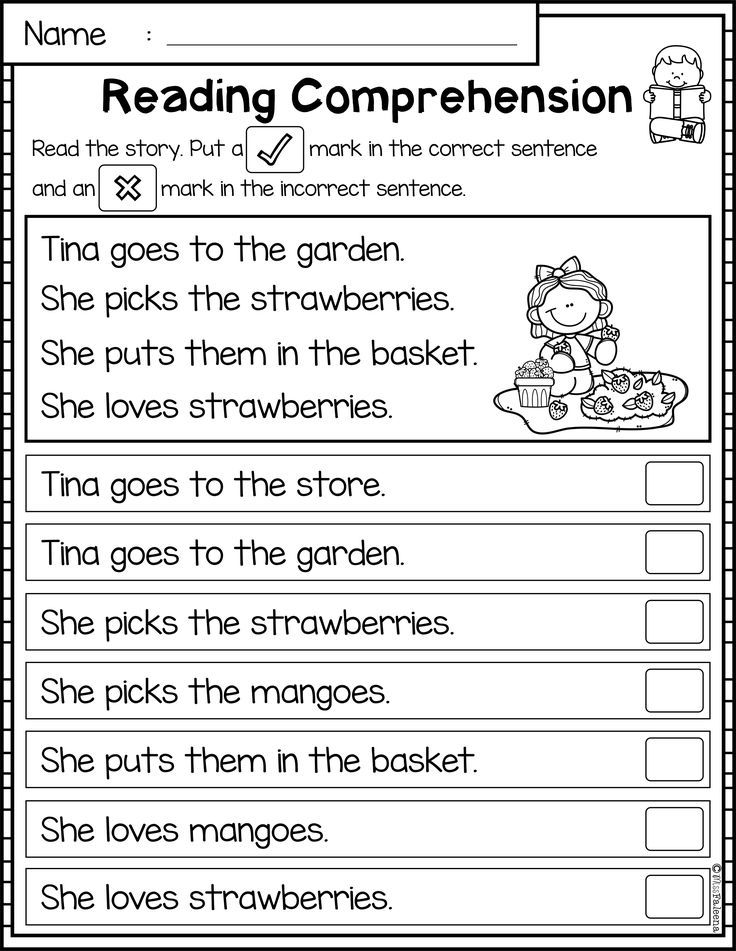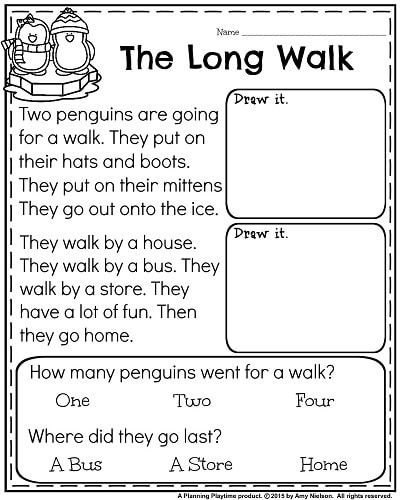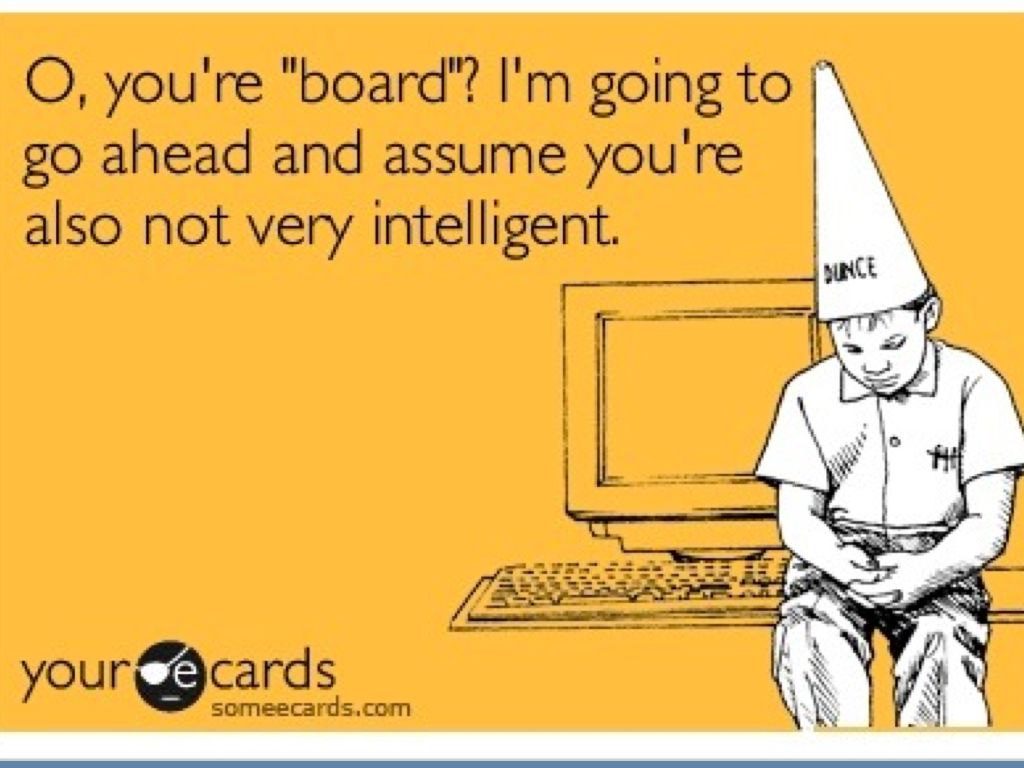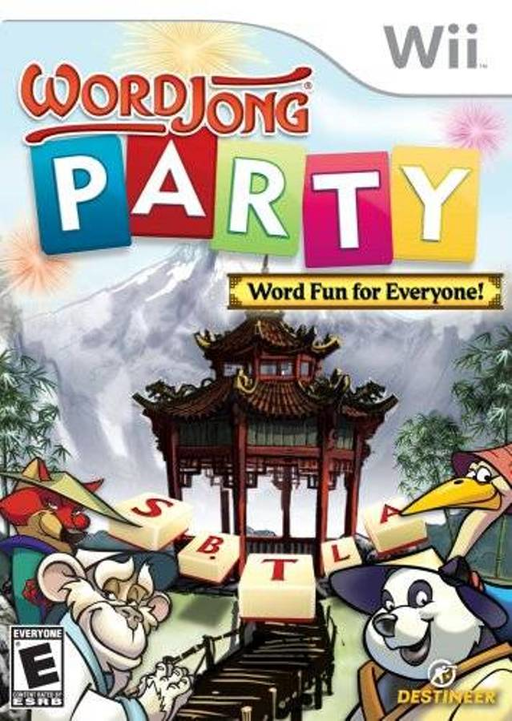Writing exercises for kids
8 Ideas and Activities for Making Writing Fun in Upper Elementary
Making Writing Fun Activities Written by Guest Blogger Jessica Thompson, 4th Grade Teacher
Writing. The minute the word is mentioned there is an audible, in-sync sigh from the students. Of course, there are a few super excited students who cannot get their ideas down quick enough. For every handful of excited writers, there is a large portion of the class that “has nothing to write about.”
The struggle is real, y’all. For both teachers and students.
The big question for teachers is not only how to make writing fun and engaging, but how do we get students excited about writing?
Fun Writing Activities To Try
Here are 8 Activities to try with third, fourth, and fifth grade students. These activities are to get our young writers excited about writing which will make formal writing tasks less daunting.
1. Think-Write-Pass:
This is always a favorite that gets lots of laughs.
Put students in groups of four. Give each student a piece of paper and have them write their name on the top.
Have students write for 2-3 minutes. You can give them a topic, or simply have them write about whatever they want.
When the time is up, students pass their paper to another student in their group. Each student in the group will have to read, continue the writing, and pass the paper again 2-3 minutes later.
When each student gets their own paper back they get a few minutes to complete the story. If time allows: let the groups choose their favorite one to share.
2. Sticky Note Stories:
Students want to share stories with us. There are so many stories - from their weekend, the ball game, recess, at their Aunt Barb’s birthday party 5 years ago - they have so much that they want to tell us!
It’s usually the same students ones who are constantly trying to tell us stories that, come writing time, same they have nothing to write about.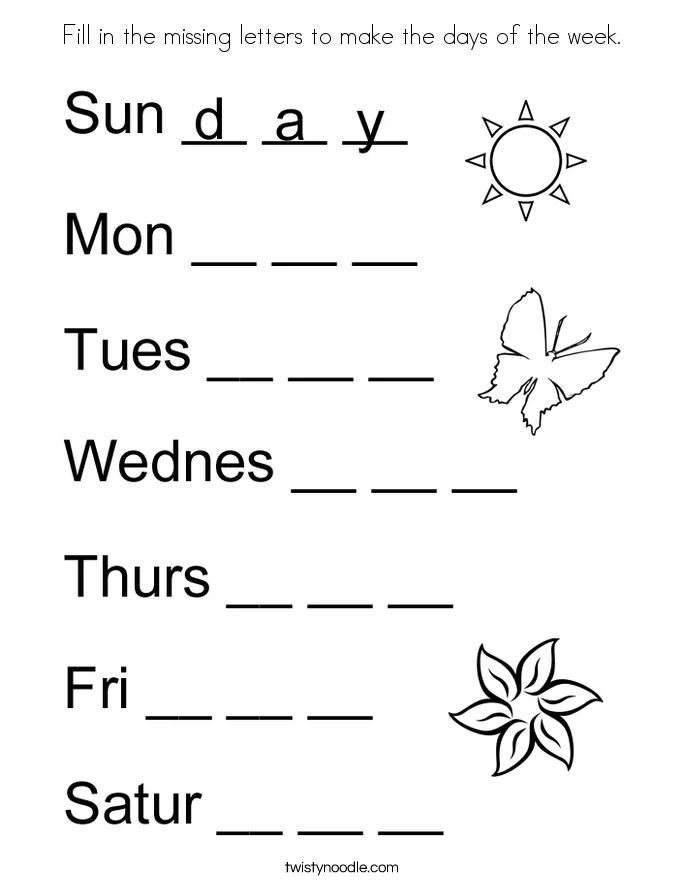 Sticky Note Stories are an easy solution.
Sticky Note Stories are an easy solution.
A sticky post it note is not nearly as intimidating as a piece of notebook paper.
When a student has a story to share, tell them how much you want to hear it - but they have to write it down on the sticky note.
A holiday weekend? A school event? A birthday party? A football game? Write it on a sticky note.
3. Found Poetry
Make copies of text from a book you are reading and have them find words or groups of words throughout the text to create a poem.
They can circle these words and draw pictures or designs around everything else to make the poem pop. See some examples of found poetry here.
3rd, 4th, and 5th grade students can also use words cut out from magazines to create a poem. It is best to precut words and have them in a container to make sure all words are appropriate.
4. Go Outside!
A change of scenery makes everything more fun. Take the notebooks and pencils to the outdoors for 10-15 minutes. Have students sit and use their 5 senses to write observations.
Take the notebooks and pencils to the outdoors for 10-15 minutes. Have students sit and use their 5 senses to write observations.
You can stop there, or take this activity a little further and have students write some poetry!
Give them free rein, or add some guidelines for structure.
This free cinquain writing template is perfect for an activity like this!
5. This or That
Sometimes all students need is a little bit of choice and control. Give them that control with This or That.
This is easy - simply provide them with 2 writing prompts and let them choose!
It can be time consuming to create choice boards with 9 options, but with This or That you only need to create two.
6. Silly Pictures
This is an easy way to make writing fun!
There are millions of funny pictures without captions on the internet. The key is to find appropriate ones and save them for later use.
Put the picture up on a projector, mirror it to a screen, or print it out.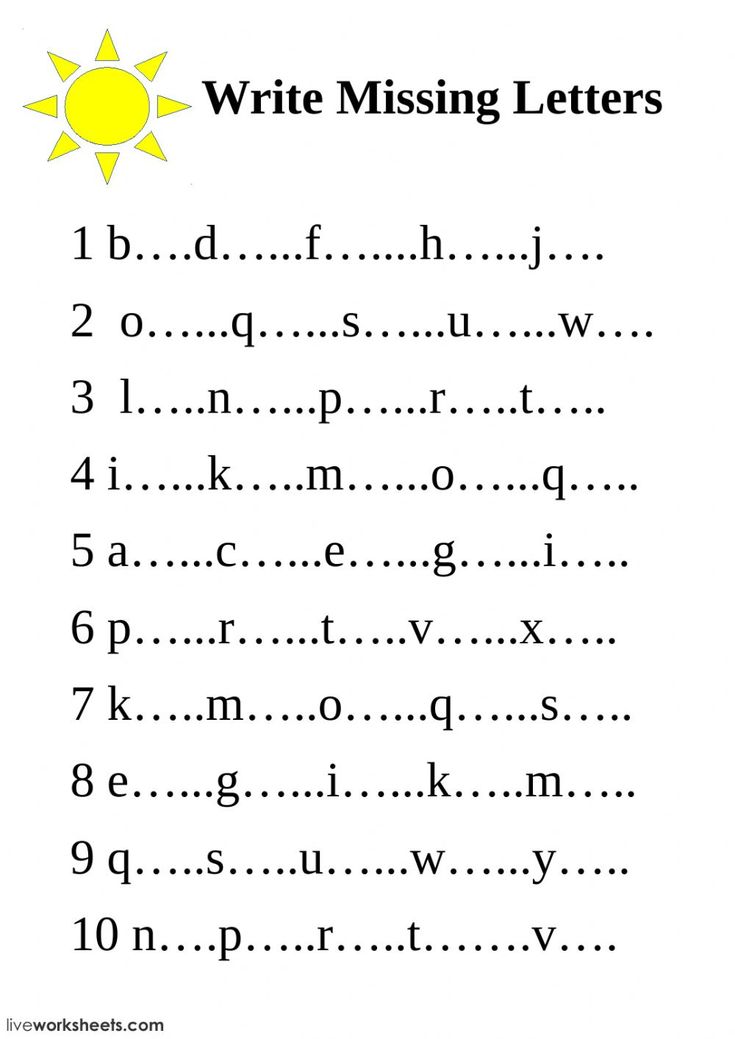 Have students write about what is happening in that picture.
Have students write about what is happening in that picture.
This is great to practice skills such as predicting, inferring, cause and effect, and problem and solution.
7. Persuasive Letters
Two birds, one writing piece. The key to making this writing activity fun is choosing a topic that is sure to of interest of students.
What student wouldn't love to try to convince their teacher that recess should be longer? Or that they should be able to skip homework one night? Or that they should have a pizza party?
The list of ideas is endless. They could write to their parents on why they should have a later bedtime or get a dog. They could write to the principal on why donuts should be served with breakfast. They could write to an author on why they should write another book in their favorite series. You could also let students choose the topic.
3rd, 4th, and 5th grade students have fun arguing their point and they will learn quickly the importance of supporting their claim.
8. Quick Writes
Quick Writes are a timed writing. The idea is not to scare the students, but for them to get their ideas on paper as quickly as possibly and to be writing or thinking the entire time.
Give students a prompt, and then tell them to write down whatever comes to mind over the next 5 - 10 minutes. Make sure students aren't worried about spelling or a grade - the goal is to just spend some time writing.
If you are looking for a more polished piece, you can have students do this daily for 3-5 days. Then, have them choose their favorite quick write to revise, edit, and turn in.
An Extra Tip for Making Writing Fun
A personalized writing notebook can be an easy way to motivate students to write. This is something that is theirs and they have more ownership over.
Composition books can easily be decorated with pictures, stickers, photographs, etc. and covered with contact paper. Letting them take the time to decorate a notebook with things that are important to them can give them more ownership over their writing - as well as help stir up ideas for writing!
Bonus: Writing will not get lost easily! Make one yourself as a teacher and use it! Let the students see you write.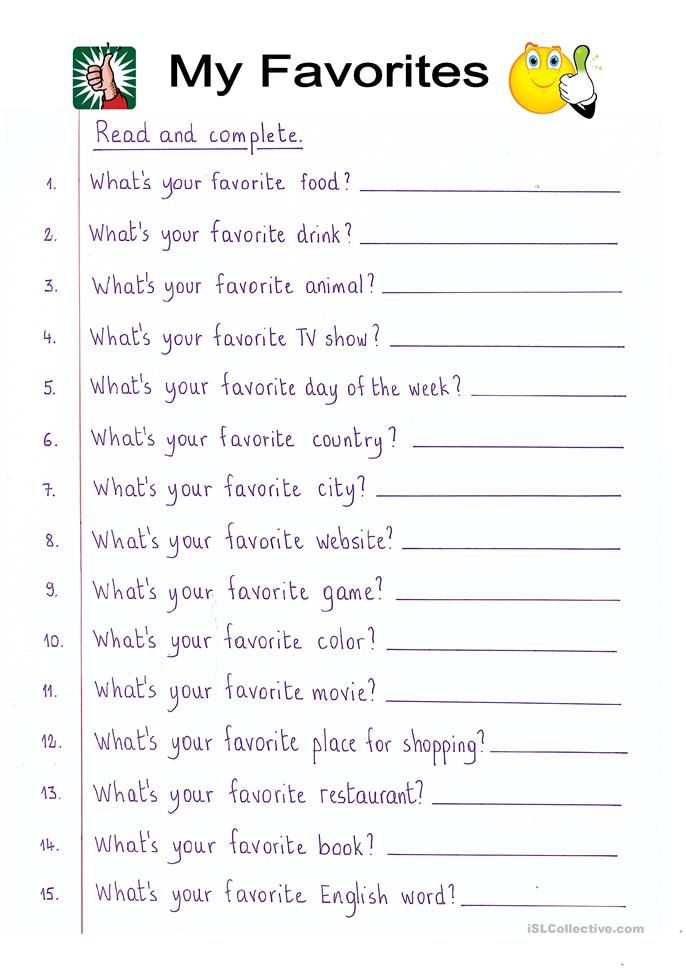 Read your writing to them and make time for students to share too.
Read your writing to them and make time for students to share too.
Never Stress Over Sub Plans Again!
Make copies, find a fiction book, and you'll be ready for any emergency that comes your way!
20 Creative Writing Activities for Elementary Students
Writing activities have an emotional toll on young learners, given the sheer volume of letters to learn by heart, words to spell, and sounds to remember. Your students will be more excited doing tasks they consider easier, such as character description. Perhaps it’s time you considered introducing fun activities to help the learners in their writing. Here are 20 of our go-to fun activities for creative writing skills among elementary kids.
1. Writing a Comic Strip
Create a comic book idea, leaving the speech bubbles around the characters empty for the students to fill. Alternatively, you can source the comic from your favorite magazine or author and rub out the dialogue between the characters for the learners to complete.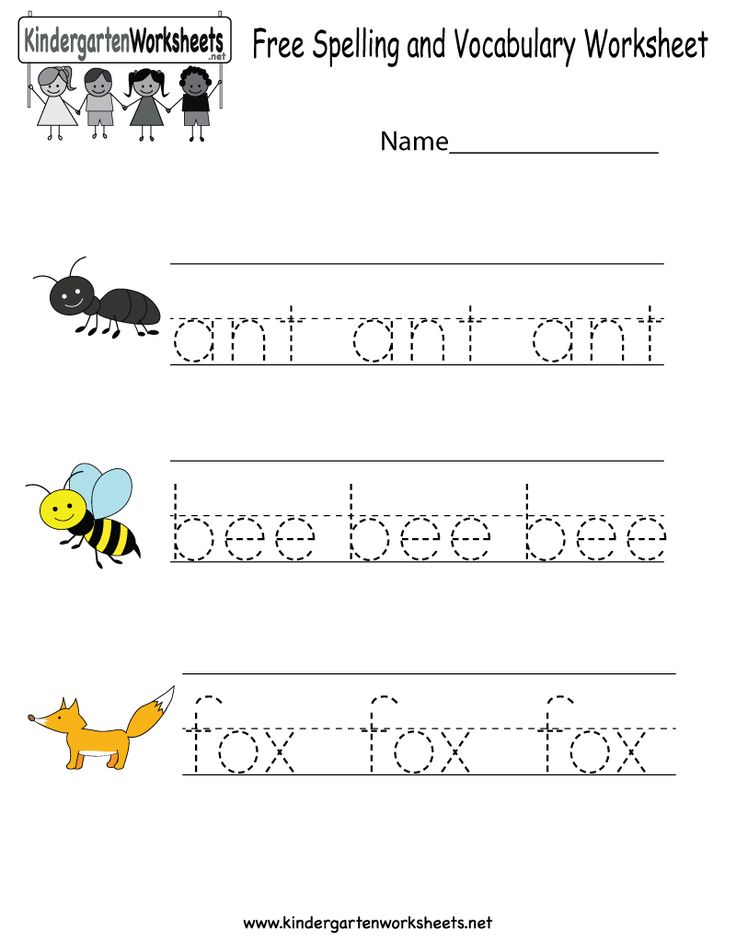
Learn more: My Cup Runs Over
2. Mad Libs
Have the students copy a few paragraphs from a famous book. Ask them to erase words they wish to remove and replace them with a blank line. Under the space, the students should give a hint to indicate the required type of phrase or word.
Learn more: My Cup Runs Over
3. Vocabulary Challenge
Select a new word for the learners and explain its meaning to them. Ask them to create a sentence using the new term. Tell them to practice writing an entire story based on this word.
Learn more: First Cry Parenting
4. Using an I-Spy Jar
Ask a reluctant writer to practice writing their names by fetching and arranging all the letters that make it.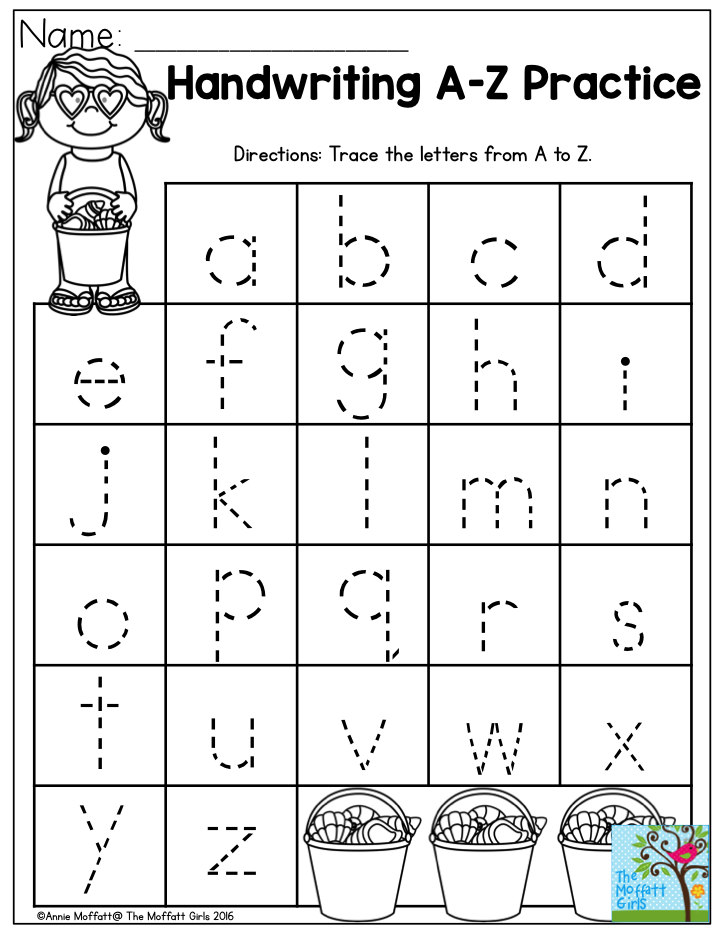 For an older writer, ask them to pick an object from the jar, redraw it and give a brief description of what it is or the scene.
For an older writer, ask them to pick an object from the jar, redraw it and give a brief description of what it is or the scene.
Learn more: Imagination Tree
5. Identifying Objects
This reading and writing game is suitable for pre-kindergarten and kindergarten-aged students. Ask them to color the object highlighted in the descriptive sentence. It enhances their fine motor skills, memories, and emotion.
Learn more: Kids Learning with Mom
6. Picture Dictionary
The goal of picture dictionaries will help early learners who are struggling with creative writing exercises and reading skills. Ask children to match the words provided at the top to the activities being performed in the pictures. This reading and writing activity can be developed for individuals, families, or the classroom.
Learn more: Childrensbooks
7. Journal writing
Journal writing works for learners who excel in creative stories or drawing.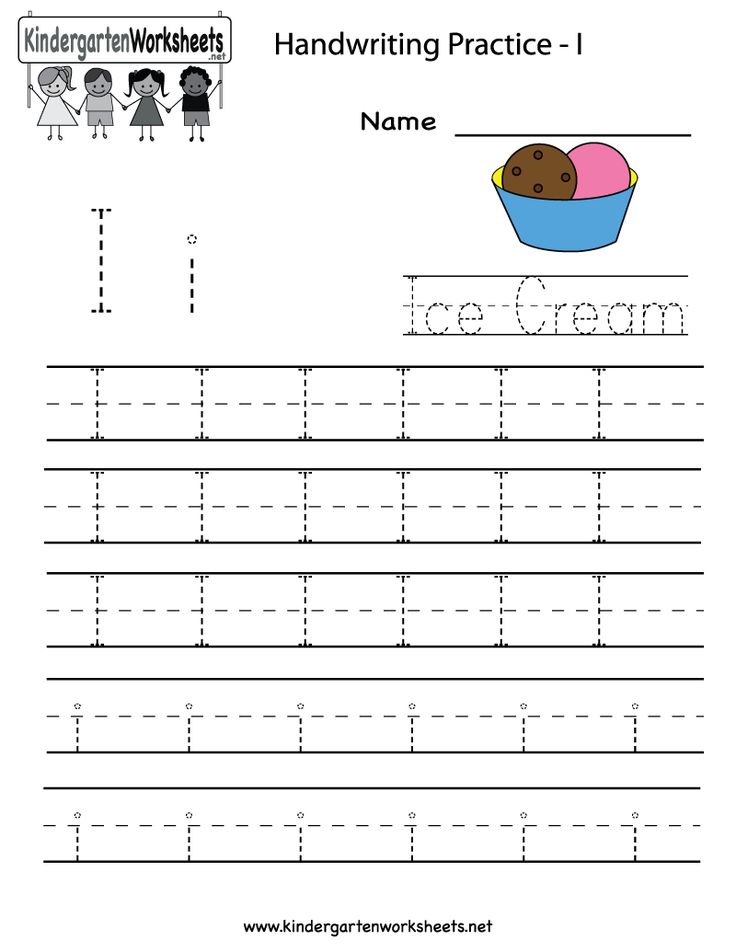 Have your students engaged in daily writing tasks. For instance, what food did they eat for lunch or a boring character in a favorite piece of writing?
Have your students engaged in daily writing tasks. For instance, what food did they eat for lunch or a boring character in a favorite piece of writing?
8. Roll a Story
Roll a story will have the learners enjoy rolling dice to discover the character or scene they will be exploring in their writing. Examples of a scene they can get include casino, school, or ancient pyramid.
Learn more: Teachers Pay Teachers
9. Copy-writing
On a drawing paper, make a word entry and ask the pupils to highlight it with a paintbrush or crayon. These creative writing exercises' goal is to enhance the learner’s artistic, emotional, and fine motor skills.
Learn more: Little Learners
10.
 Pass-it-on Story Writing
Pass-it-on Story Writing This writing game engages the language input of creative writing classes. Write the first scene of a story on a piece of paper. Have the learners come up with a sentence that continues the story. The paper is then passed on to the next child until every student has written something.
Learn more: Minds in Bloom
11. Sentence Scramble Writing
This writing activity's goal is to help children to improve their writing and sentence-building abilities. Ask the child to cut out the words at the bottom of the paper and rearrange them correctly to form a sentence.
Learn more: Twinkl
12. Picture Writing Prompts
Creative writing prompts activities test not only imagination but also a learner’s ability to make conversation on behalf of characters. Provide an entry with a picture accompanied by 3-4 writing prompts to guide them in exploring the scene. A sample question for the scene above will be, “Do the lambs feel safe with the lion?”
Learn more: Homeschool Adventure
13.
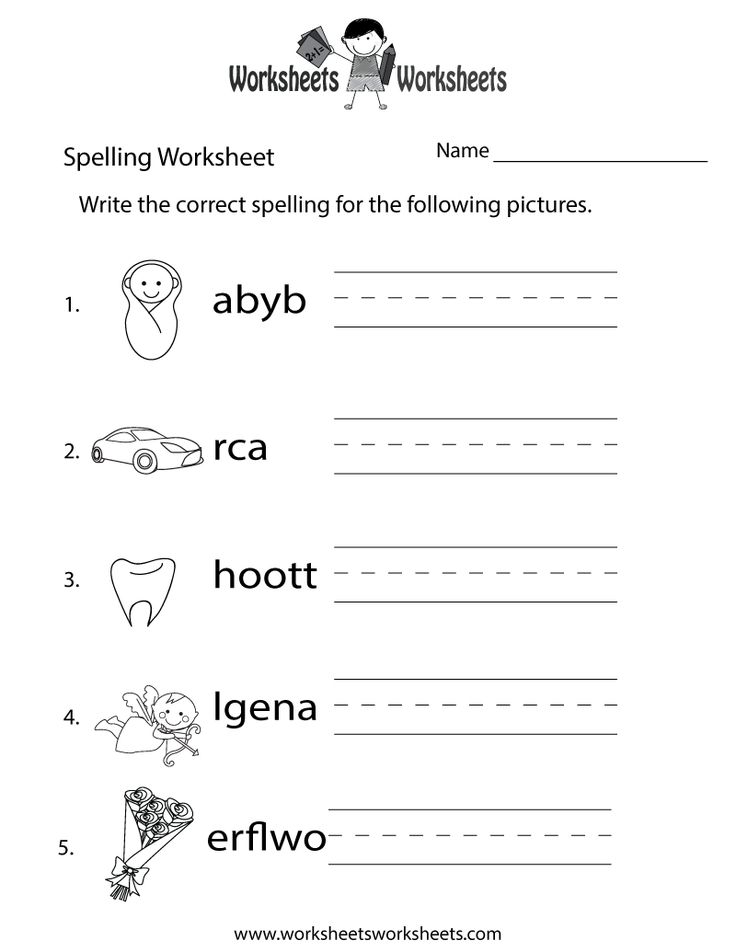 Cut Out My Name
Cut Out My Name Help your kindergarten students in writing their names with this fun writing activity. Print out the learner’s name. Next, print the letters of the pupil’s name and mix them with a few random characters. Cut them apart and ask them to sort out the letters in their name.
Learn more: Simply Kinder
14. Cards
Writing cards helps students to engage in purposeful moments. Provide the learners with blank holiday or birthday cards. Ask them to draw or write something to the card’s receiver. Alternatively, students can design their cards and write down the desired message.
Learn more: Learn with Homer
15. Grocery List
Sit down with the child and help them write a list of healthy food items or other household objects you require. In the grocery store, have them cross out the items as they are added to the shopping cart.
Learn more: Kids Night in Box
16.
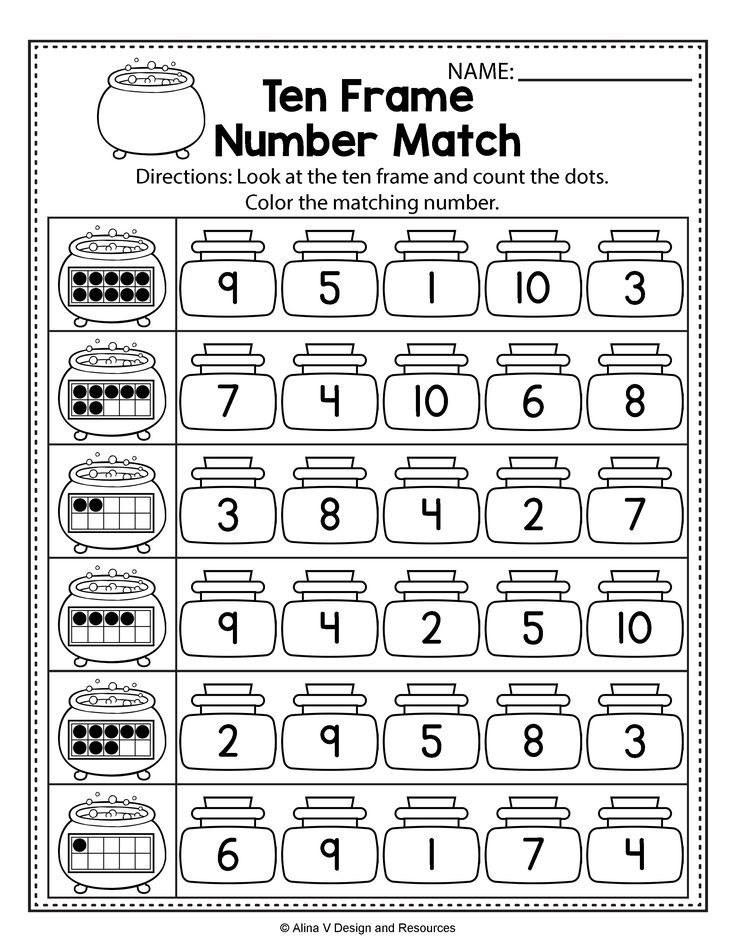 Label a Diagram
Label a Diagram Engage your child’s reading and writing abilities by printing out a diagram of simple objects such as flowers, insects, or external human body parts. Provide a list of the answers to the parts and ask them to write the word that matches each in the blank space.
Learn more: Classroom Freebies Too
17. Disappearing Words
On a chalkboard, write down a word. Ask the learners to erase the word with a wet sponge. This way, the learners will learn how to design the letters of the alphabet. Although this writing activity is the opposite of copywriting, they both serve the same purpose.
Learn more: Little Learners
18. Write a Story Based on the Ending
Test your student’s creativity by providing them with writing prompts that focus on an entire book, a song, or a famous story. For instance, ask students to write a story based on the ending, “And they lived happily ever after."
For instance, ask students to write a story based on the ending, “And they lived happily ever after."
Learn more: Kid Pillar
19. Found Poetry
Collect words or a group of words from a favorite story or song. You can either write them on a piece of paper or cut them out of a printed page. The overall goal is to rearrange the words differently to make an interesting poem with a unique writing style or genre.
Learn more: Homeschooling Ideas
20. Sticky Notes Story
Learners may have much to say in conversation prompts but get stuck when doing the actual writing. Sticky notes will help them in aspects of writing. A student can write anything ranging from a favorite author, a favorite food, or fantasy elements.
Learn more: Teaching Made Practical
Assignments for children aged 9-10
This section of the Razumeikin website contains exercises for children aged 9-10, which will help the child broaden his horizons and serve as an addition to school subjects.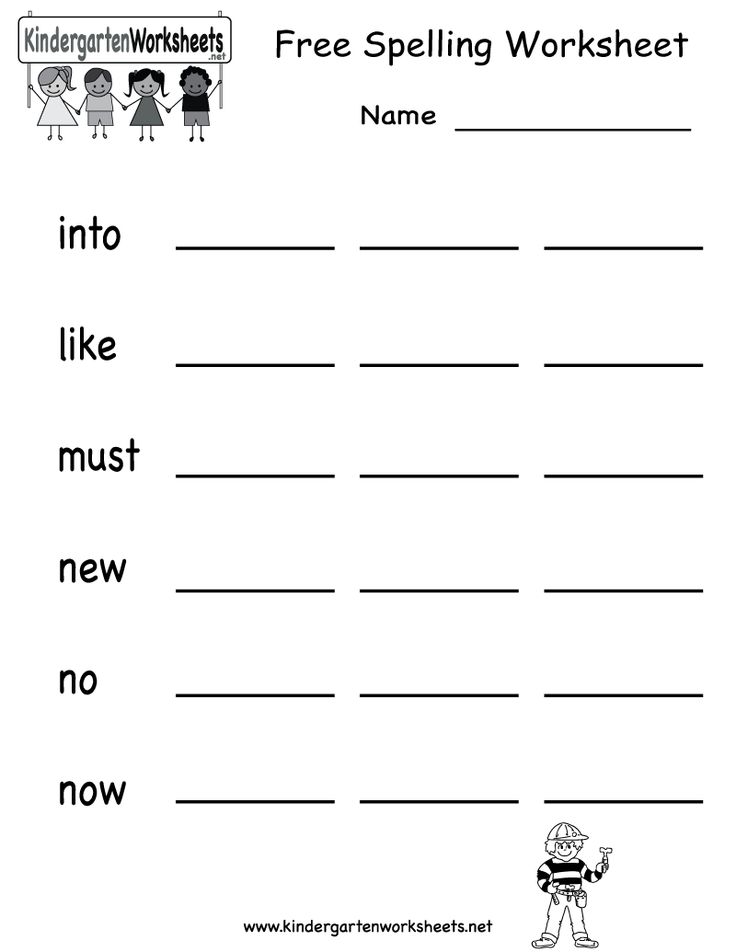 When developing a set of tasks for schoolchildren, our specialists tried to make them not only as understandable and exciting as possible, but also really useful in practical terms.
When developing a set of tasks for schoolchildren, our specialists tried to make them not only as understandable and exciting as possible, but also really useful in practical terms.
The "Development" block presents interesting tasks for children aged 9-10, which help improve logical and spatial thinking, memory, and attention. All these skills help to simplify the process of assimilation of the school curriculum. Tasks-tests in the "Development" block are built in the form of an interesting online computer game for children 9-10 years. By doing them, young students develop counting and reading skills and strive to learn something new.
Interesting entertaining tasks for children of 9 years old in the "Education" block will help schoolchildren to consolidate the knowledge they received in primary school. The exercises presented here correspond to the tasks that are encountered in the certification tests. Consistently completing tasks-tests for children aged 9-10, prepared by our specialists, the guys will be able to:
- Prepare for exams in mathematics, Russian language, reading, the world around.
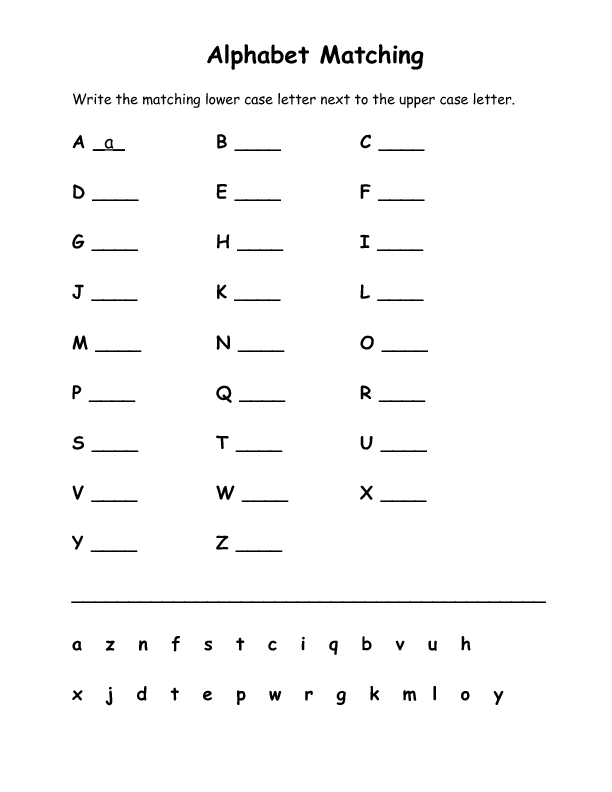
- Recall the literary works covered in elementary school.
- Practice solving advanced problems in mathematics and Russian.
- Refresh the topics that have been studied within the framework of the subject "The World around".
For most of the tasks-questions for children 9 years old, we have provided a detailed explanation of the solution. It is given to the child if the answer he gave was incorrect or incomplete. The "Science" block includes entertaining children's games and tasks for 10 years old, coping with which the child learns about chemical elements, structural features of substances, air pressure, refraction of sunlight, learns fascinating facts about our planet, etc. In most exercises provided introductory information, which we have presented in an accessible form. After a preliminary explanation of the task-game to children 9-10 years is proposed to start its implementation.
A few words about the submission of material
In order for little students to learn information during the lessons, for each exercise for children 10 years old, the specialists of the Razumeikin website prepared thematic pictures and voiced text.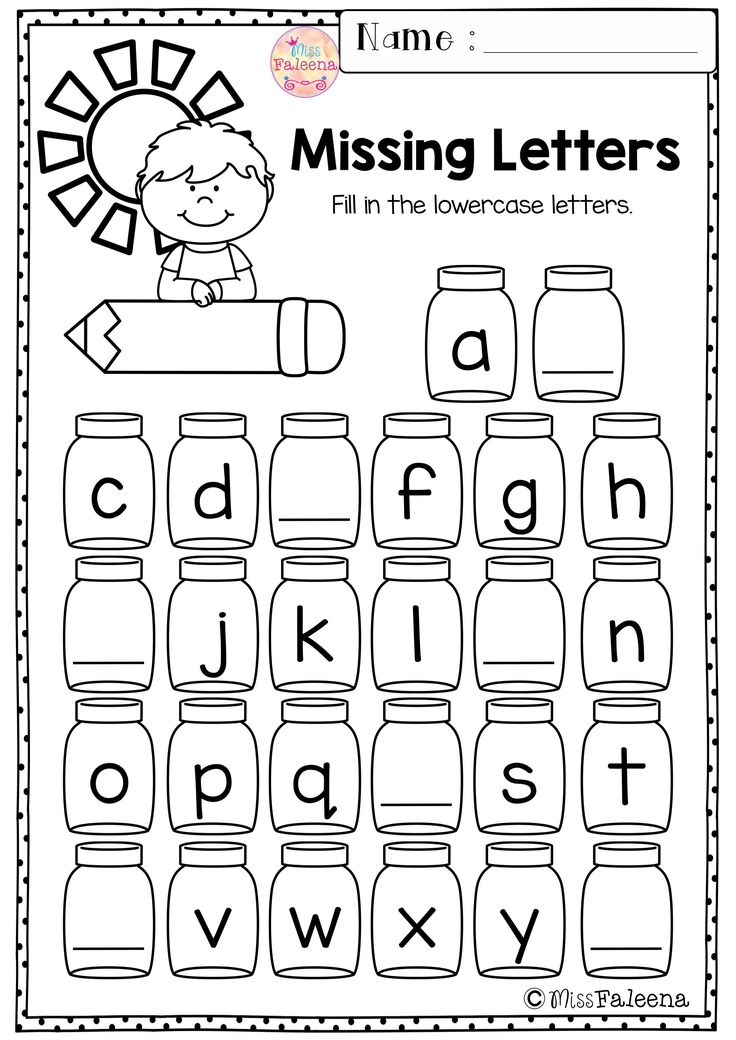 We are convinced that this approach will allow you to learn the material better. For many interesting test games for children 10 years old, we have prepared educational videos that will help you cope with online tasks.
We are convinced that this approach will allow you to learn the material better. For many interesting test games for children 10 years old, we have prepared educational videos that will help you cope with online tasks.
Coping with test tasks, children of 10 years old receive online awards: cups, medals, etc. They help to increase the student's interest in independent studies. Most of the exercises are graded based on the attempt the student made to give the correct answer.
At the same time, the child has the opportunity to return to completed tasks in order, for example, to improve their own result.
To identify strengths and weaknesses in child development 9years, we advise you to take online tests for free before performing cognitive tasks-games. The results obtained will help to understand which topics you need to dwell on in more detail.
exercises, games and tasks for the summer for the future first grader
Preparing for school / Assignments
Parents no longer need to review dozens of manuals and children's websites.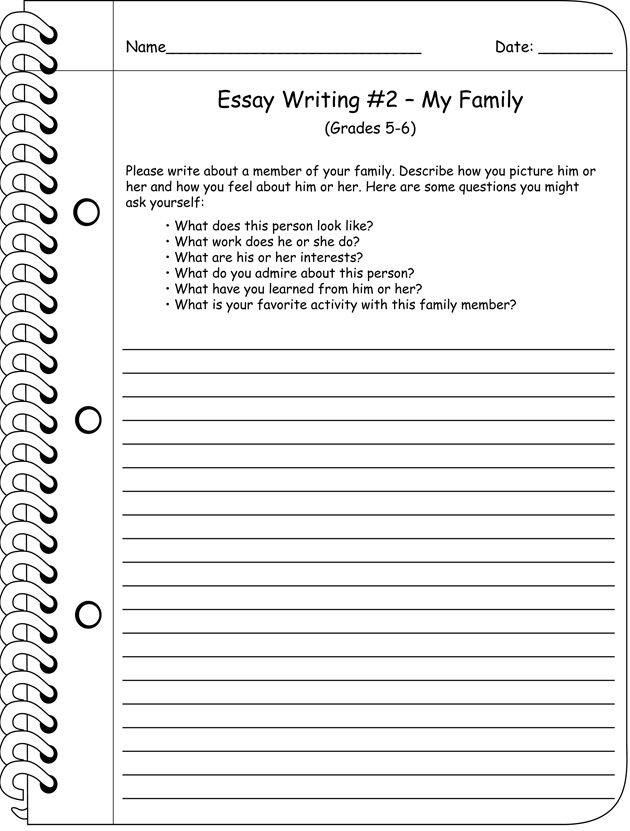 After all, the team LogicLike has prepared everything you need for an easy start and exciting learning. nine0003
After all, the team LogicLike has prepared everything you need for an easy start and exciting learning. nine0003
Assignments for classes online
Find the extra
Count the cubes
nine0002 Logic tasksLogic questions
Say a word
Guess by description nine0003
Entertaining account
patterns in pictures
How much should a future first grader study? nine0059
Start with 5-7 tasks a day and gradually build up.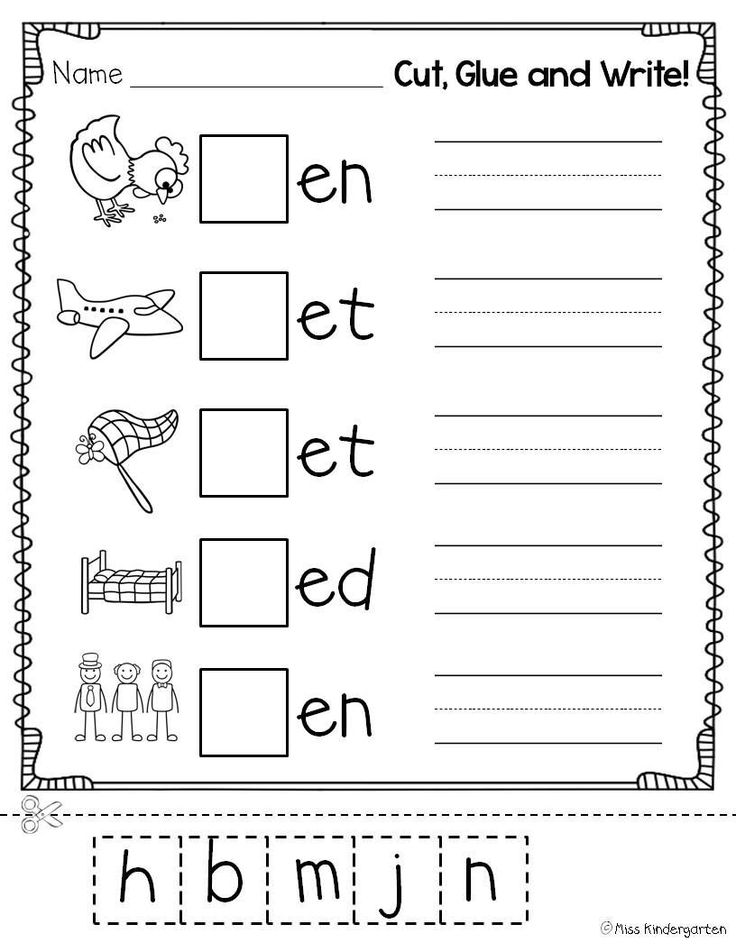
Looking for ideas for offline classes?
Here is a selection of popular developmental tasks and other activities, examples of entertaining assignments from LogicLike.
- We develop voluntary attention. nine0010
- We train short-term and long-term memory.
- We develop logical thinking.
- Performing speech therapy exercises.
- Preparing a hand for writing.
We develop attention
Initially, children do not know how to control their attention. They actively respond to everything new and interesting, but can't focus for long on something that doesn't appeal to them. therefore it can be difficult for a first grader to sit through 45 minutes of a lesson without switching to extraneous matters. Games, tasks and exercises to develop attention from LogicLike. nine0003
therefore it can be difficult for a first grader to sit through 45 minutes of a lesson without switching to extraneous matters. Games, tasks and exercises to develop attention from LogicLike. nine0003
Task "Find and circle"
Give the child a short text (this could be an article from a children's magazine or a printed fairy tale) and invite him to cross out a certain letter in each line, for example, “A”. How can complicate the task? Ask the preschooler to cross out "A" and circle "B", or mark "A" only when it is preceded by a consonant. nine0003
Mission "Abracadabra"
On a piece of paper, write down a number of complex non-existent words and offer the child without errors copy them in a notebook:
MAPETLOOJERRAOTINDEBOJA
ZELLOTYMNOSTALLOTHOUSE LAW
ZHAMOTSVANERTALOFOGRODY.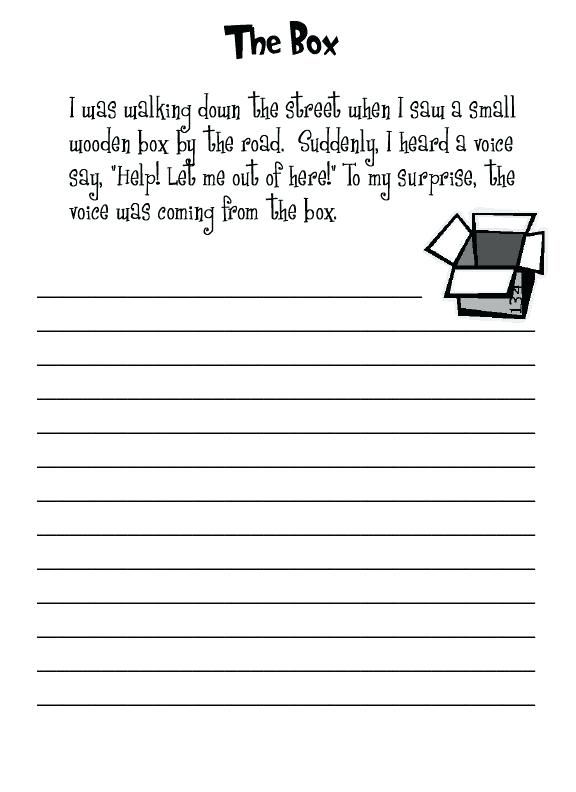 nine0003
nine0003
Attention task and spatial thinking
To decide tasks, press Start classes!
Yura made a building out of cubes (fig. on the right). Irishka hid a few cubes. nine0003
How many cubes does Yura need to restore the building?
Show answer
Answer:
5.
Exercise "Listen and act" nine0059
Name different words (table, bed, cup, pencil, bear, fork, etc.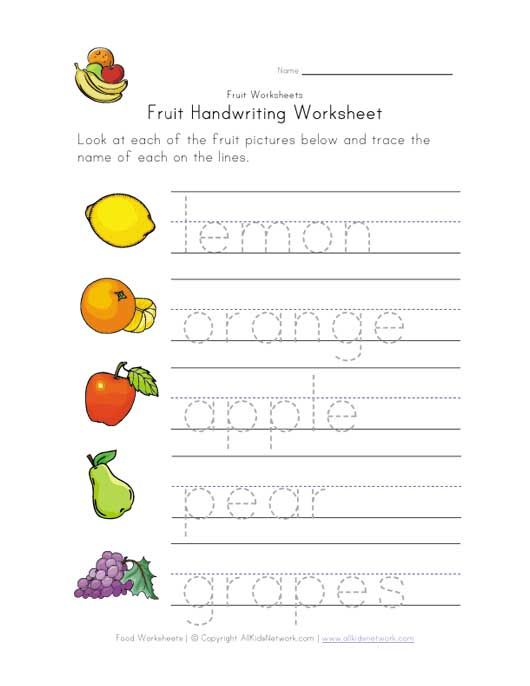 ) and ask clap your hands when the word for an animal comes up. Increasing the difficulty: now it will be necessary to get up every time you hear the name of the plant. Connect two parts of the exercise. If it's easy, add another action.
) and ask clap your hands when the word for an animal comes up. Increasing the difficulty: now it will be necessary to get up every time you hear the name of the plant. Connect two parts of the exercise. If it's easy, add another action.
Exercise "Show me" nine0059
Name the parts of the body and point to them. And the child must repeat the words and show on himself. Then start to confuse him: say "hand" and point to the leg, etc.
We develop memory
Like attention, the memory of a preschooler only passes from involuntary to controlled: he quickly memorizes verses with bright and interesting images, but learns boring texts with difficulty. nine0003
Tasks and exercises for the development of memory will help the future first grader to better absorb any useful new information.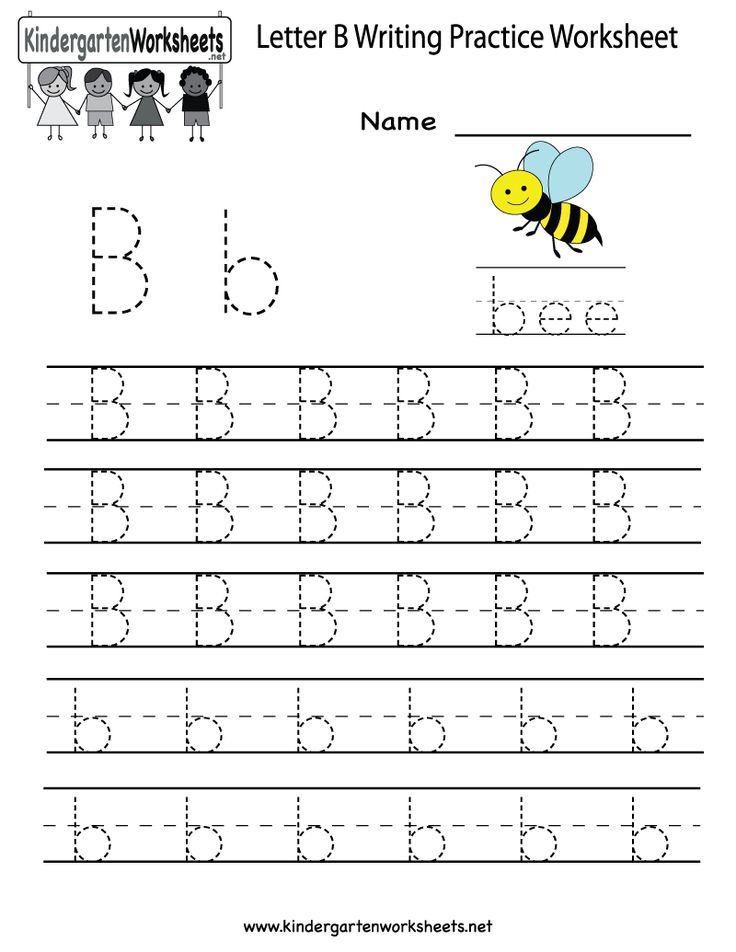
The task "Chain of words: listen and remember"
Out of ten spoken words, an older preschooler (6-7 years old) is able to remember about seven. Let's check how well your child's memory is developed? nine0003
Chain of words to check: bedroom, vase, tiger, oval, square, rhombus, wolf, fish, winter, hare, house, sun, hedgehog, cloud.
Task "Pairs of words"
Read all pairs of words. Then call only the first and wait for the second in response:
autumn - rain; vase - flowers; doll - dress; nine0091 cup - saucer; book - page; water - fish;
machine - wheel; house - window; hours are arrows.
Good to know. Russian psychologist Lev Vygotsky advised teaching a child several techniques that will help him memorize information easier:
- repeat aloud and to himself;
- mentally fix some objects through others, creating associations; nine0091 - to combine objects into groups, highlighting their similarities or differences.
Exercise "Remember and describe"
After a joint walk, remember what interesting things you saw on the street. Perhaps it was a bright sign or a passer-by with a funny dog. Ask the child to describe the object in detail. nine0003
Exercise "Repeat the figure"
Take counting sticks, lay out an intricate figure from them and give the preschooler time to for him to remember.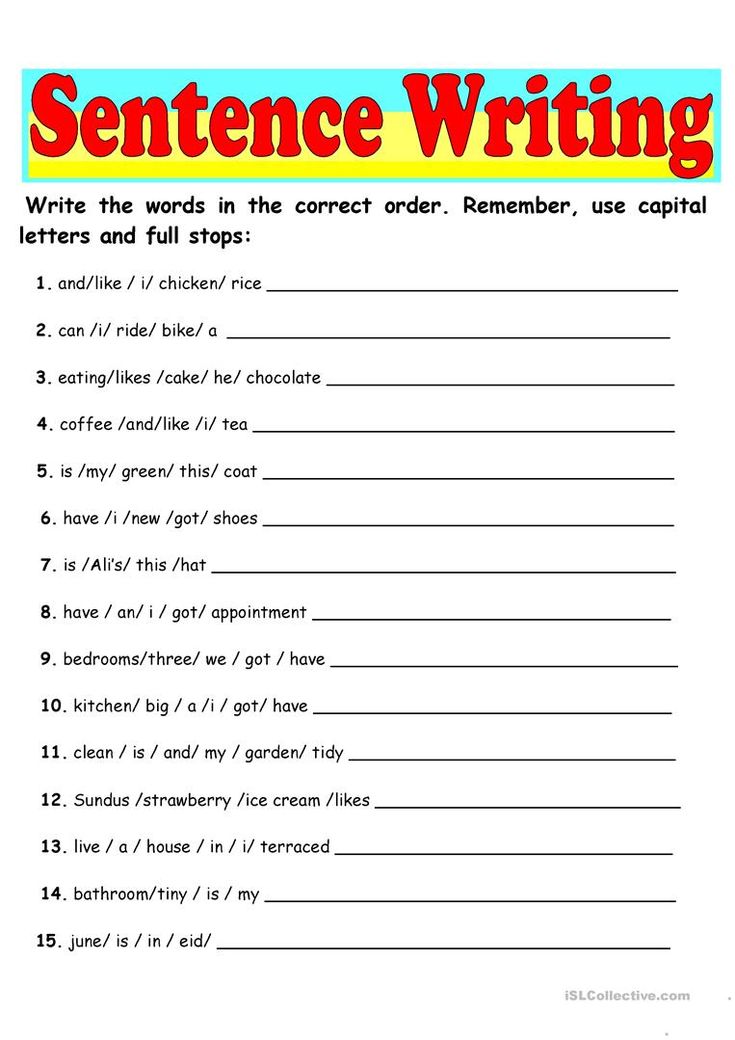 Suggest from memory to depict the same composition of counting sticks.
Suggest from memory to depict the same composition of counting sticks.
More ideas - in the material "Games, developing thinking, memory, attention. nine0003
Online games for training memory and attention
You can develop the speed of perception, reaction and visual memory with ease. Suggest to the child try our game "Master Schulte".
We develop thinking
Children with developed thinking more easily absorb new knowledge and come up with how to apply. nine0003
When children complete LogicLike's pre-school assignments, they learn to analyze information, establish relationships between objects, divide them into groups, compare and generalize.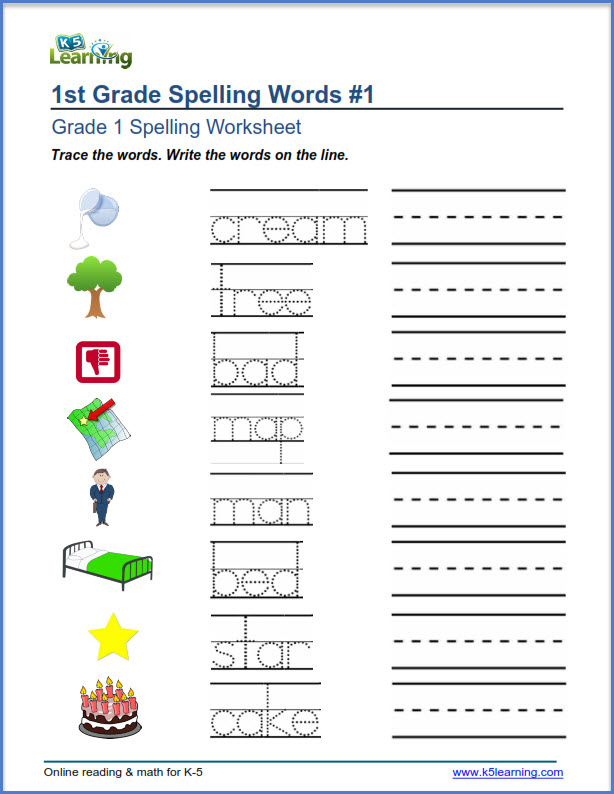
Learn more about the development of logic and thinking in children.
Start with age-appropriate tasks nine0003
- 5-6 years
- 6-7 years
- 1 class
It can be difficult for a preschooler to understand all the variety of tasks and exercises. on one's own. To facilitate the first steps, we recommend completing 5-7 tasks from each category together with child. nine0003
"What, why and why?"
Reflect together on the following questions:
In the morning we have breakfast, and at noon - .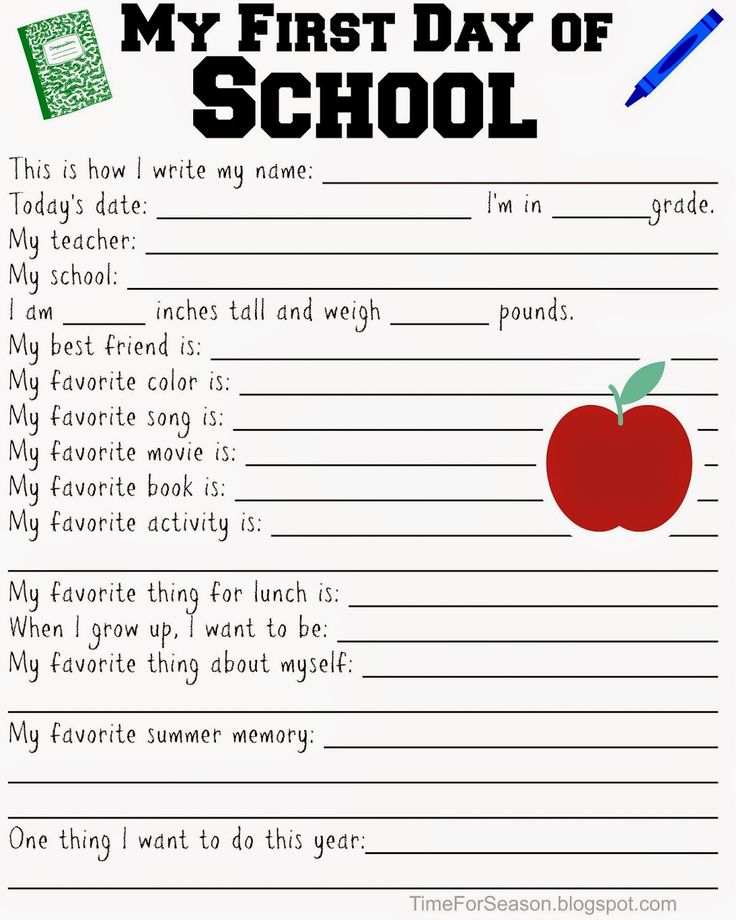 ..?
..?
Why, before the train passes, barriers are lowered along the track?
A small cow is a calf, a baby lamb is...?
Is the dog more like a cat or a chicken? What, what do they have in common? nine0091 Why do all cars have brakes?
Why do you need to put a stamp on a letter?
"Which word is missing?"
In each row you need to find an extra word:
old, decrepit, small, dilapidated;
Brave, evil, courageous, bold; nine0091 Apple, plum, cucumber, pear;
Milk, cottage cheese, sour cream, bread;
Hour, minute, summer, second;
Spoon, plate, bag, pan;
Dress, hat, shirt, sweater;
Soap, toothpaste, broom, shampoo;
Birch, oak, pine, strawberry;
Book, TV, tape recorder, radio.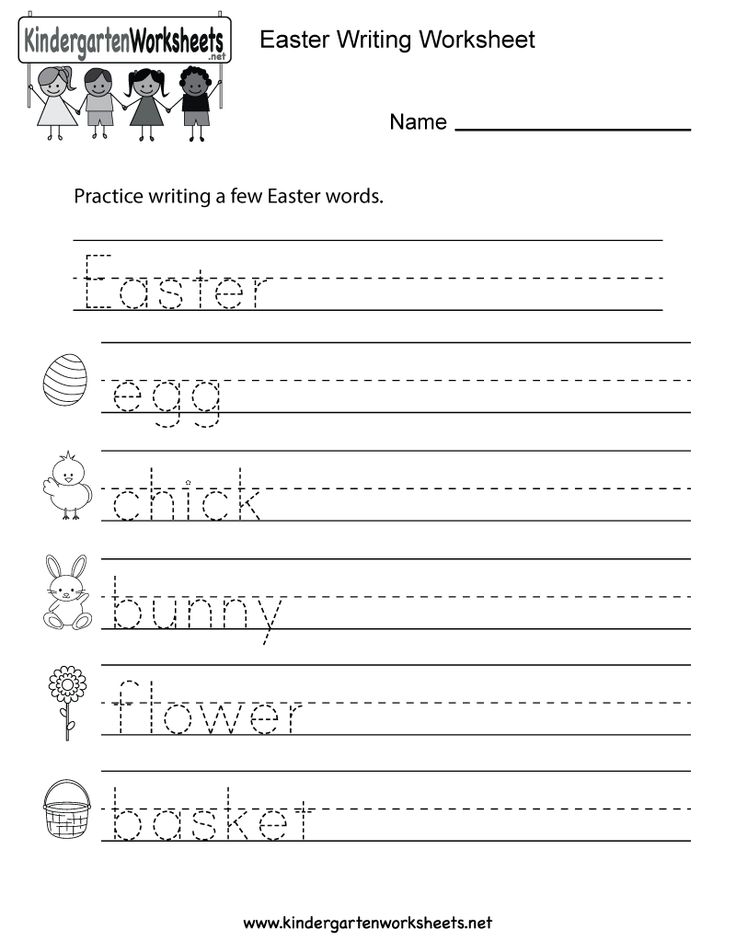 nine0003
nine0003
The fourth extra task
On the LogicLike platform, you can perform similar and other tasks for the development of thinking in interactive format. Example from our database:
To decide tasks, press Start classes!
See more tasks like "Find an extra word or item". nine0003
Exercise "Who is more?"
Invite the child to name as many words as possible that stand for specific concepts: trees, flowers, modes of transport, sports, etc.
Exercise "Important words"
Name one concept (garden) and add accompanying words to it (plants, gardener, fence, Earth).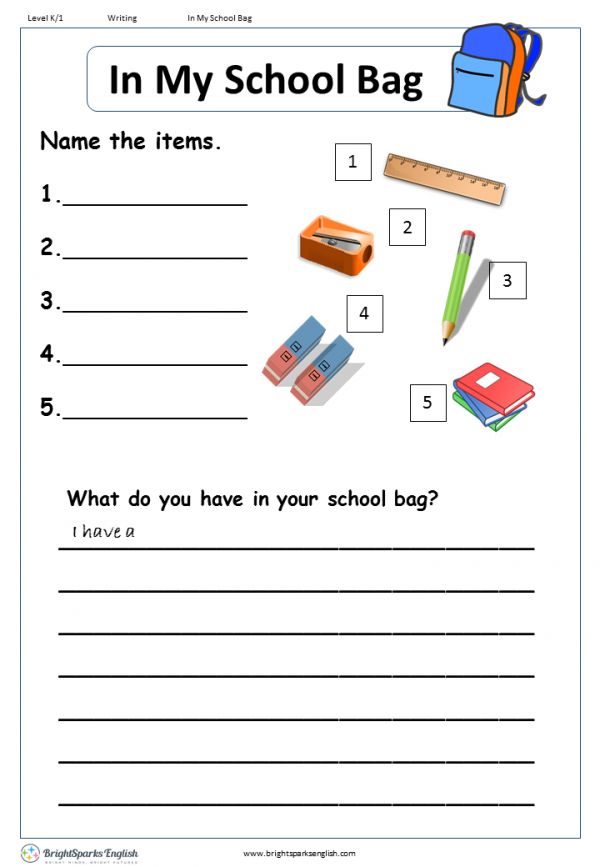 Ask the child to choose the two most important of them, without which the main subject cannot get by. Ask questions to understand why he chose certain words. Examples of other pairs: shop - seller, milk, counter, money; water park - inflatable circle, slides, water, bathing suit. nine0003
Ask the child to choose the two most important of them, without which the main subject cannot get by. Ask questions to understand why he chose certain words. Examples of other pairs: shop - seller, milk, counter, money; water park - inflatable circle, slides, water, bathing suit. nine0003
Logic task
Logic problem solving is one of the most effective ways to develop thinking. We create a variety of entertaining tasks that are interesting to solve for children and adults.
To decide tasks, press Start classes!
We develop speech
An older preschooler can easily pronounce sounds, knows how to build complex, but coherent sentences.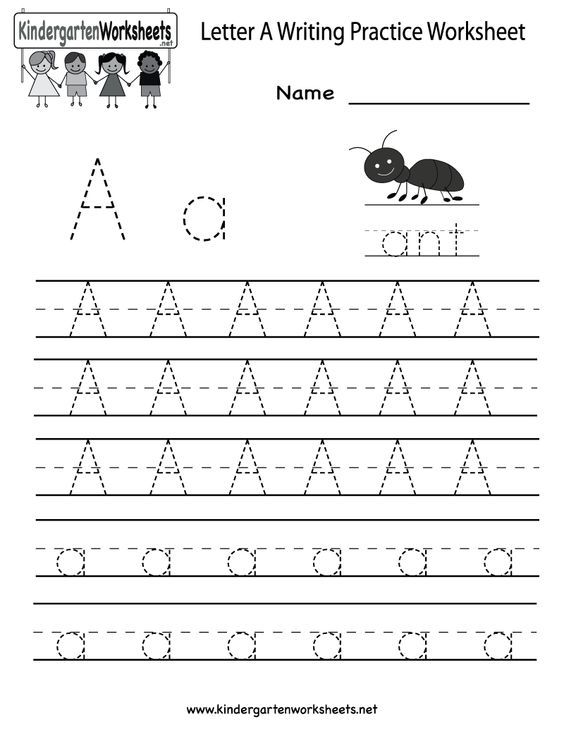 His vocabulary has increased: if at 3 years old the child knew about 1200 words, then at 6 years old - at three times more. Active communication and solving tasks and exercises for the development of speech will help a preschooler to speak beautifully and fluently. nine0003
His vocabulary has increased: if at 3 years old the child knew about 1200 words, then at 6 years old - at three times more. Active communication and solving tasks and exercises for the development of speech will help a preschooler to speak beautifully and fluently. nine0003
"Warm-up for the tongue"
Learn a few tongue twisters together and practice pronouncing them without hesitation:
Marina pickled mushrooms, Marina sorted raspberries;
The hedgehog chewed blackberry jelly in his dwelling;
The cat lapped up the milk, and Vitya dipped the roll into the milk;
Senya carries hay in the canopy, Senya will sleep in the hay; nine0091 Dima gives melons to Dina, Dima gives melons to Dina;
Mom, you don’t look for us, we pinch sorrel on cabbage soup.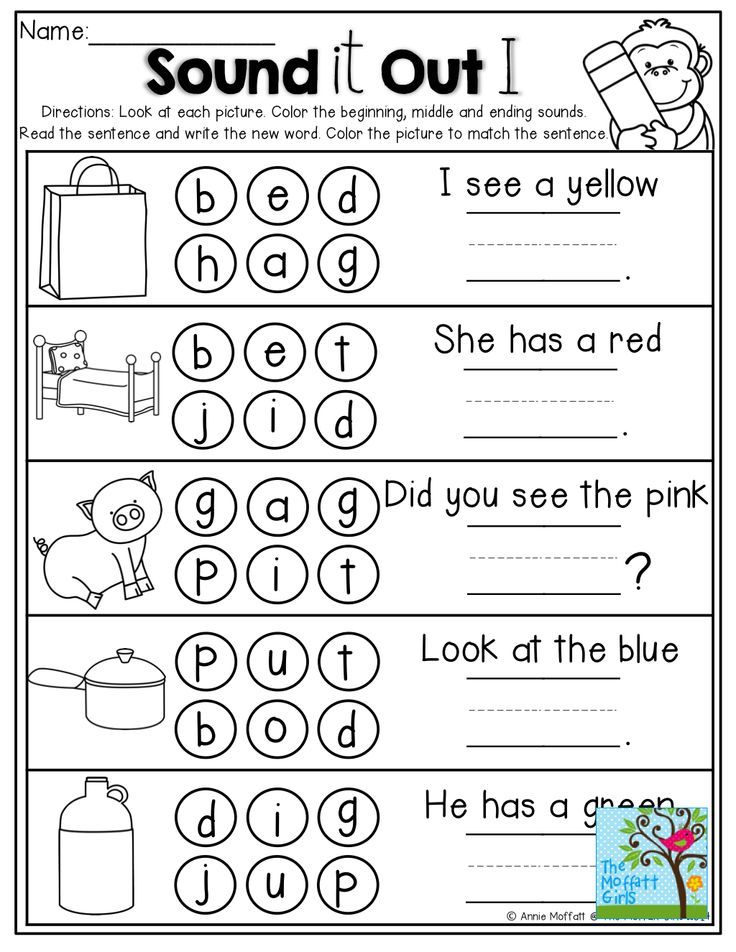
Quest "I know everything"
Read the word and ask them to explain its meaning. Example: the word "chair". To which group objects it belongs to (furniture), what it is made of (wood), why it is needed (to sit on German)? nine0131 Words for completing the task: notebook, plane, pencil, table.
Exercise "Tell me what you see"
Take a book with bright plot illustrations, choose an entertaining picture and ask questions about her: who? what is he doing? when? why? why? Suggestive phrases will help to talk: “What do you think?”, “Have you ever met such a thing?” etc. nine0003
Exercise "Journalist"
Offer to play journalist and interview you.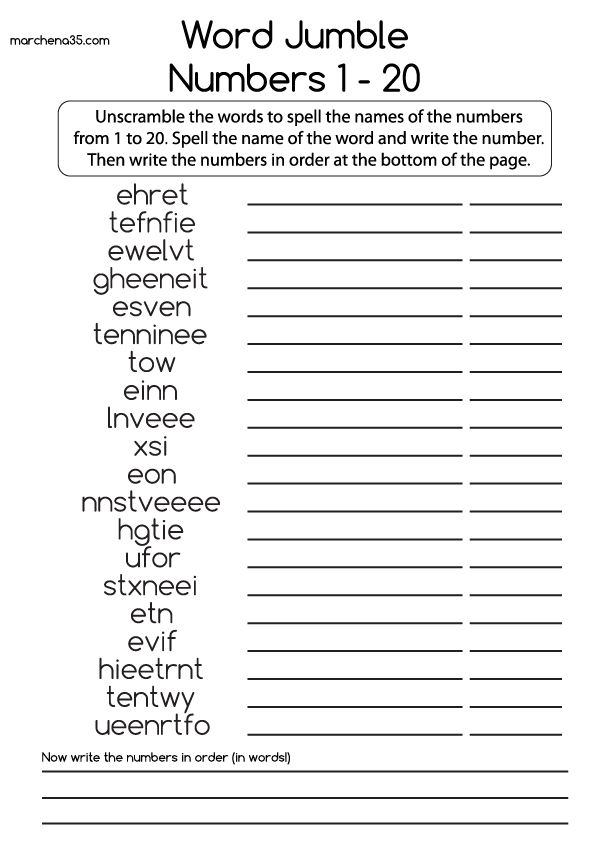 Can you imagine being a singer actor, athlete Existing or fictional - it doesn’t matter, the main thing is to ignite interest in child. During this exercise, you will have a good time and learn how to correctly build dialogues.
Can you imagine being a singer actor, athlete Existing or fictional - it doesn’t matter, the main thing is to ignite interest in child. During this exercise, you will have a good time and learn how to correctly build dialogues.
We develop fine motor skills nine0021
“A child’s mind is at his fingertips,” the Soviet teacher rightly stated. Vasily Sukhomlinsky. Do exercises that simultaneously prepare your hand for writing and stimulate the development of speech and thinking.
Exercise "Our hobbies"
Origami, paper applications, modeling from plasticine, dough or "space" sand, assembly building blocks or puzzles are all great ways to develop fine motor skills.